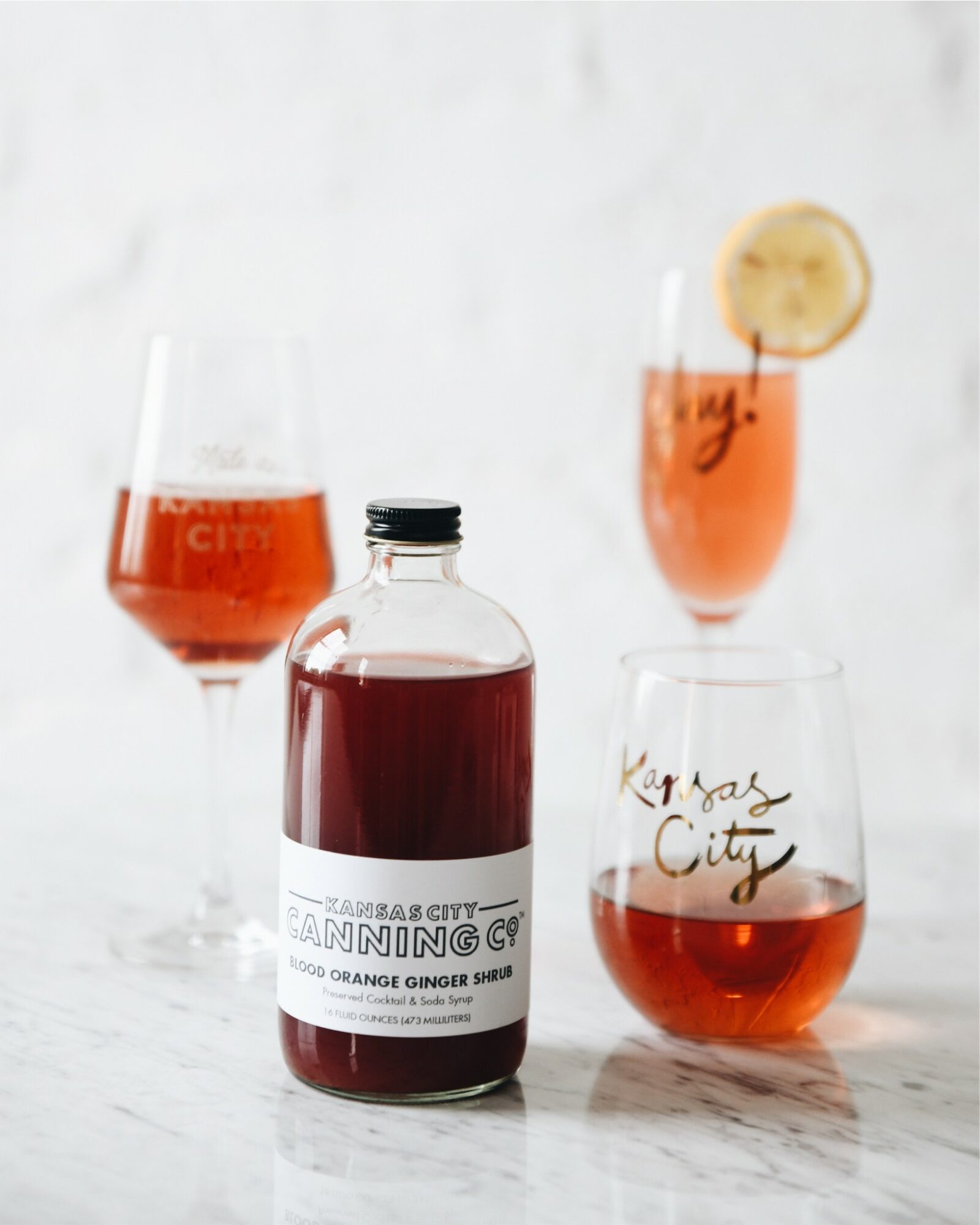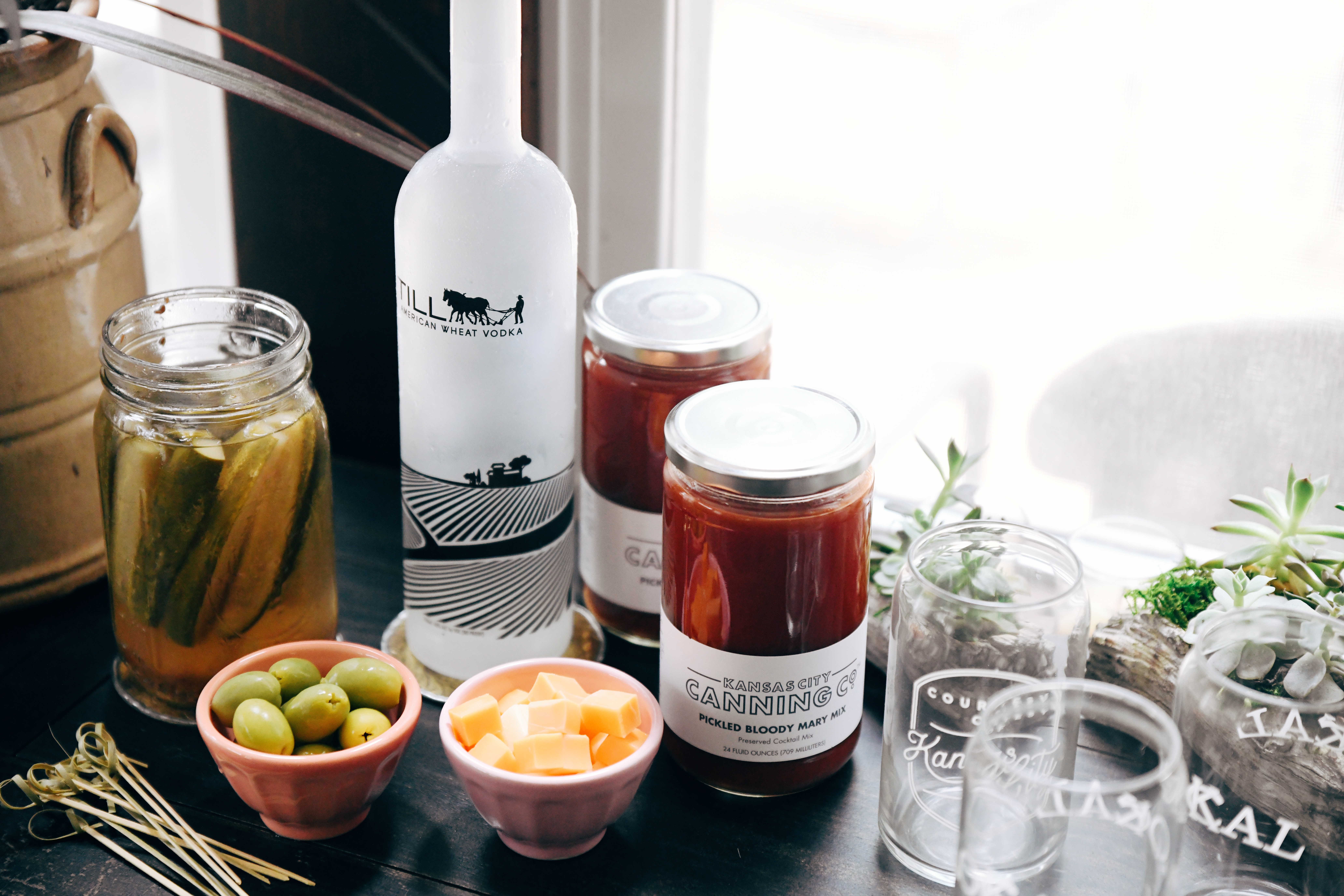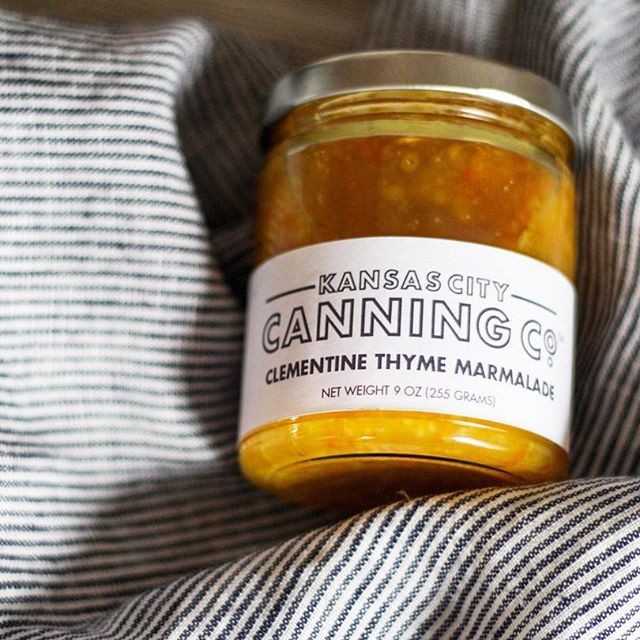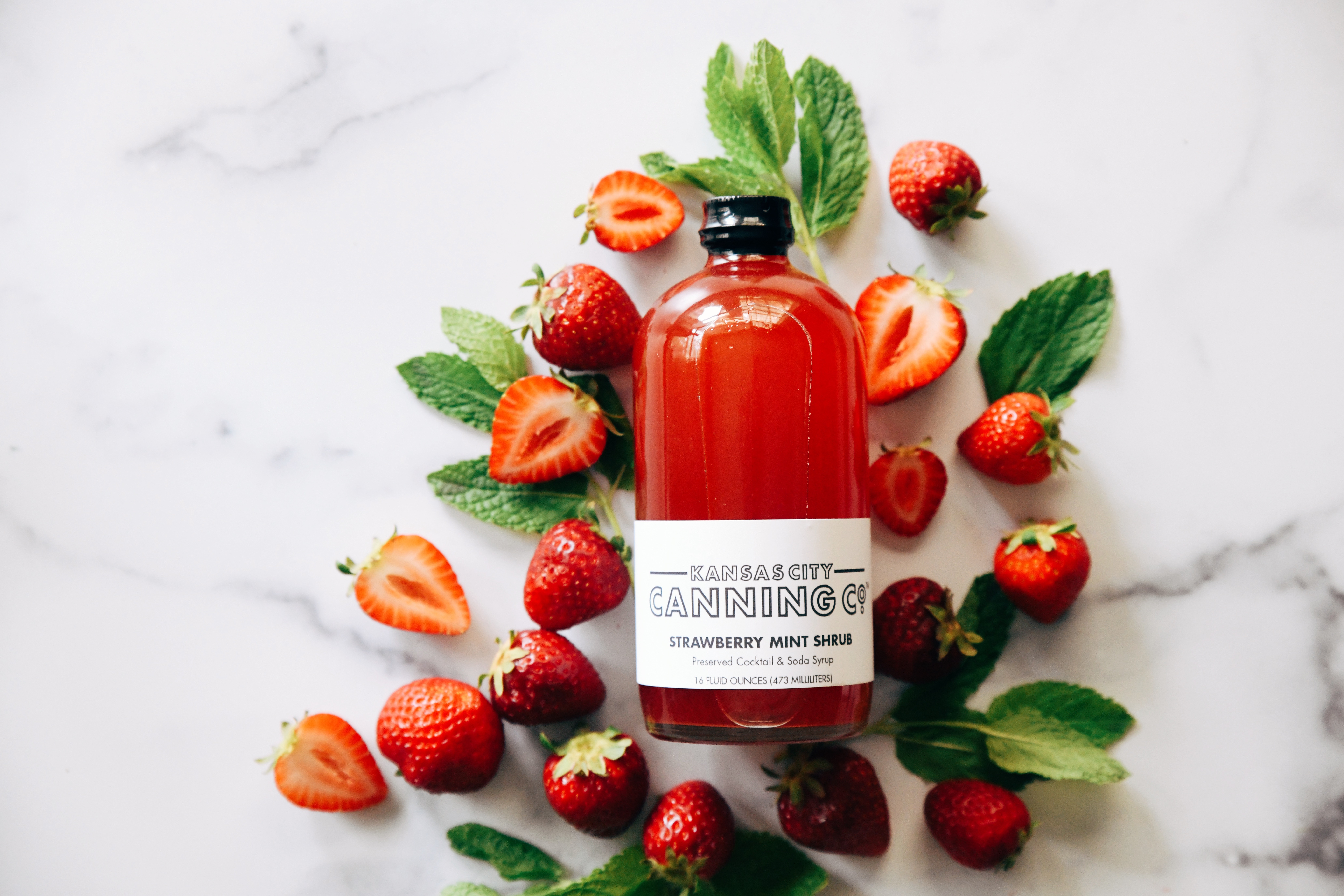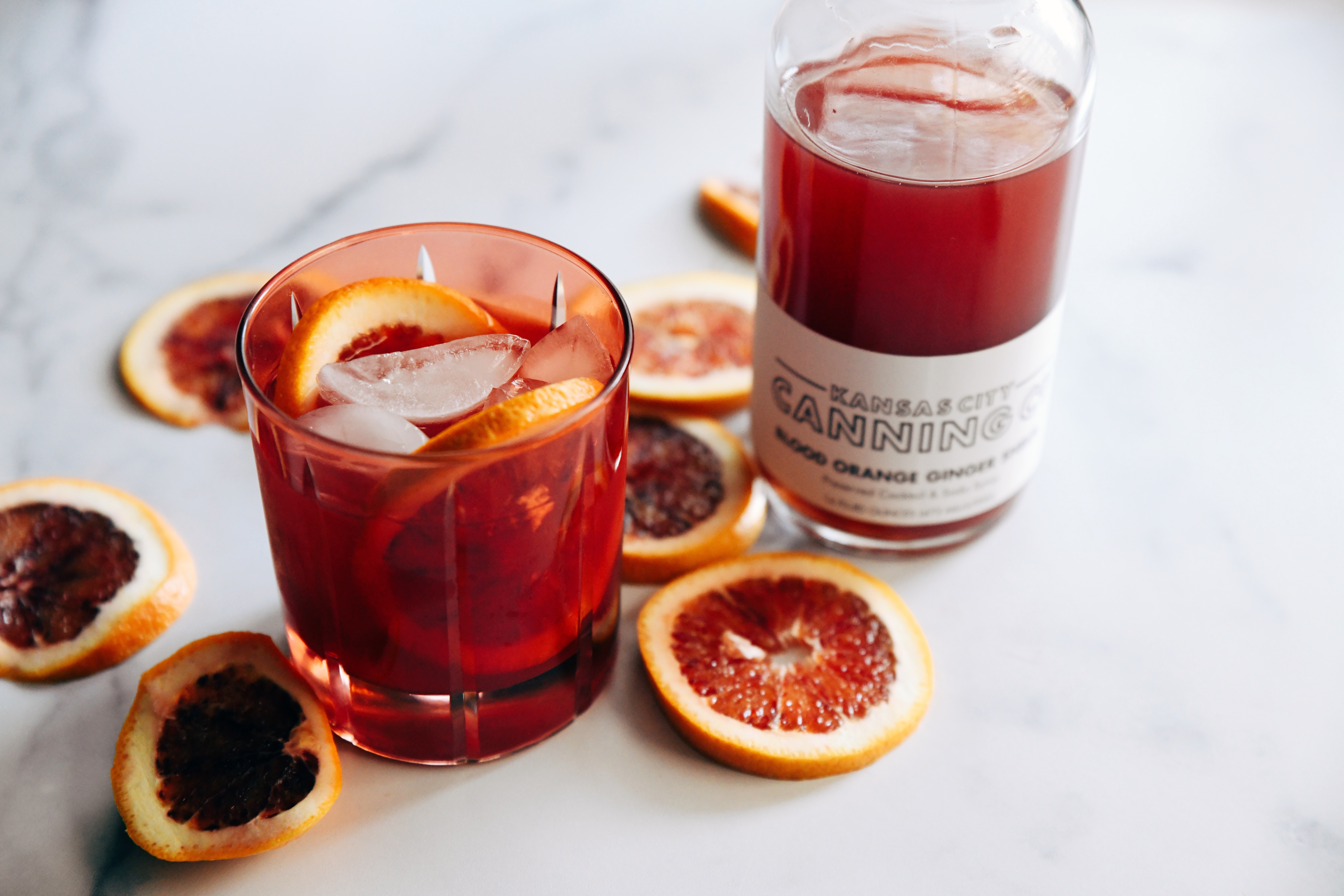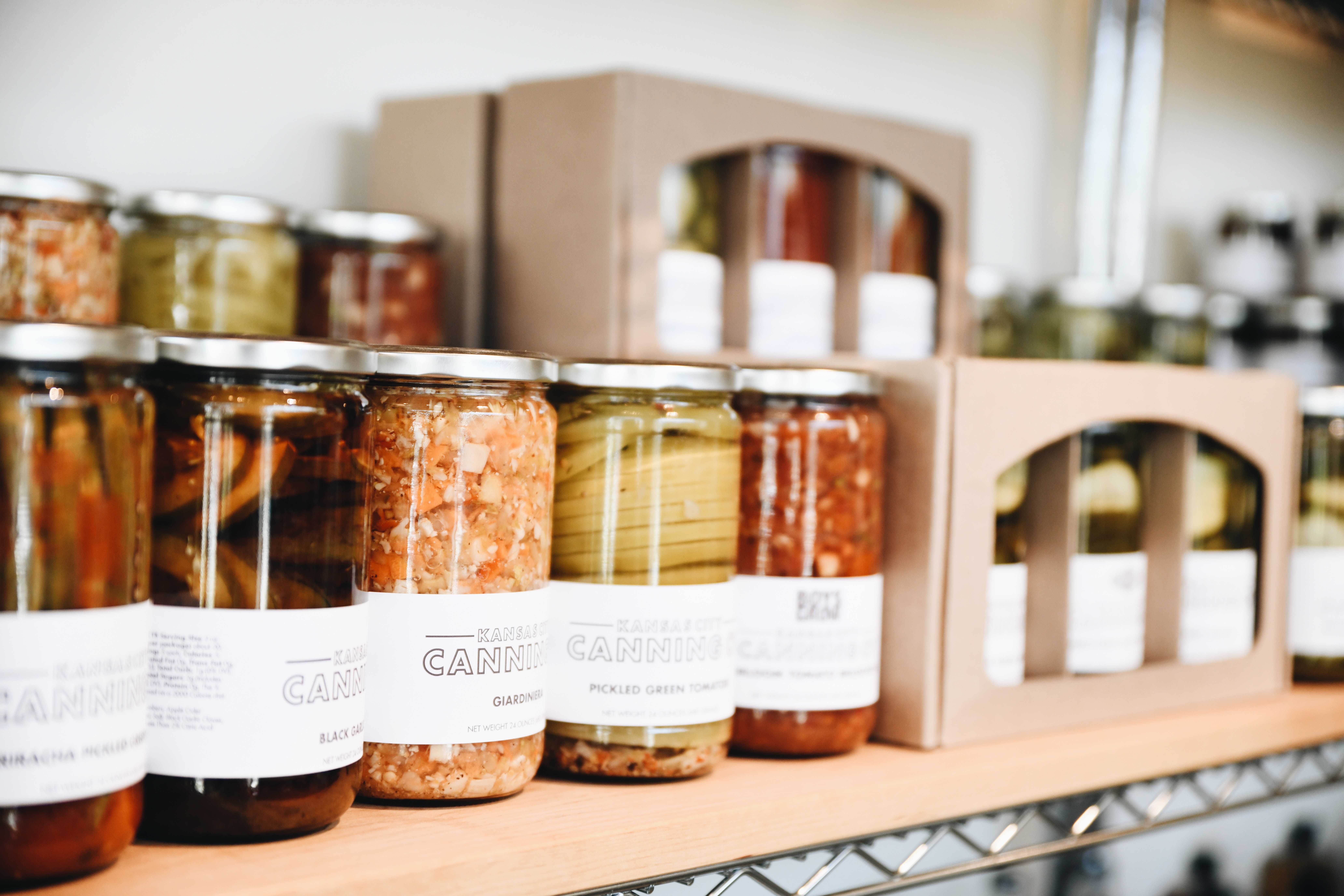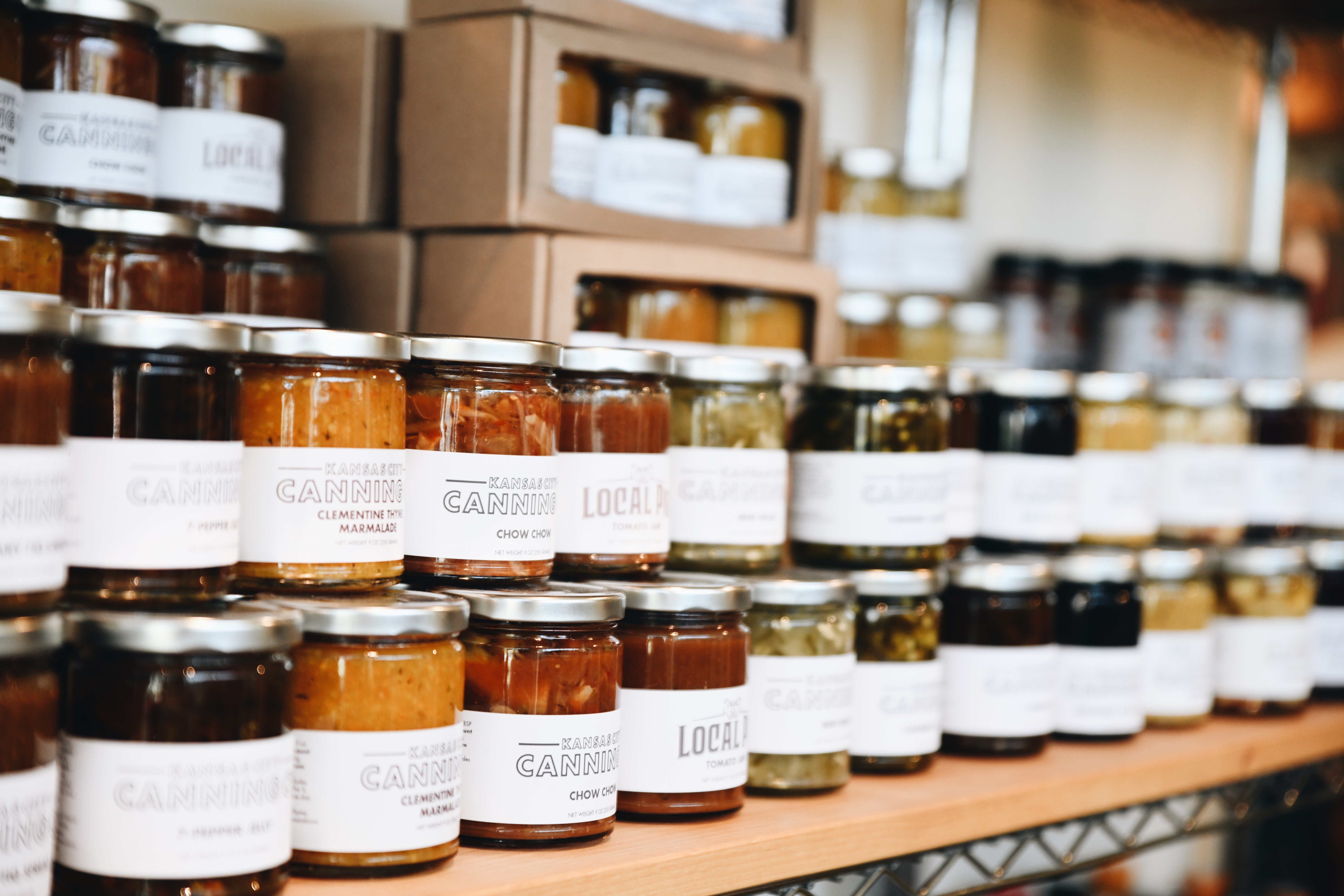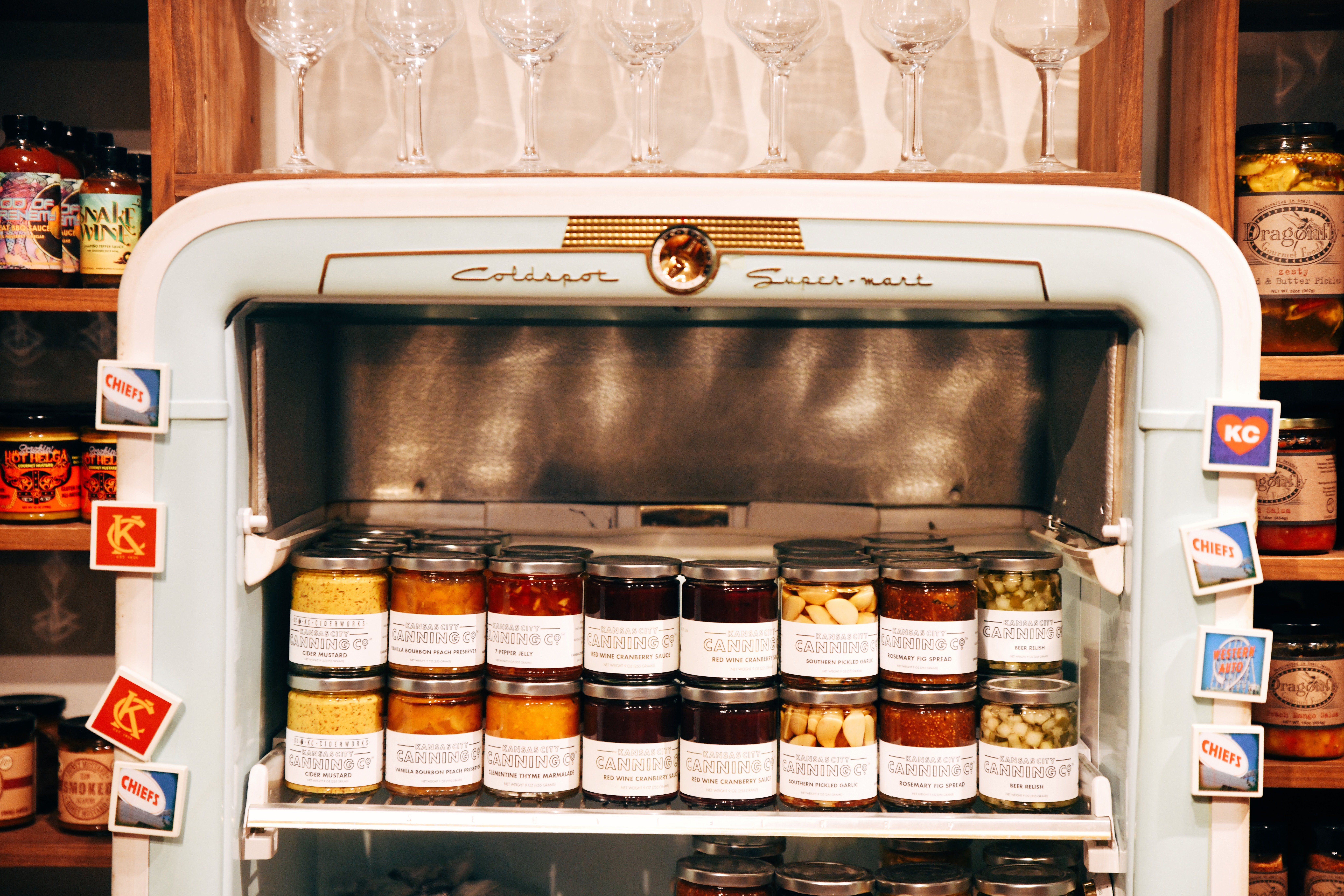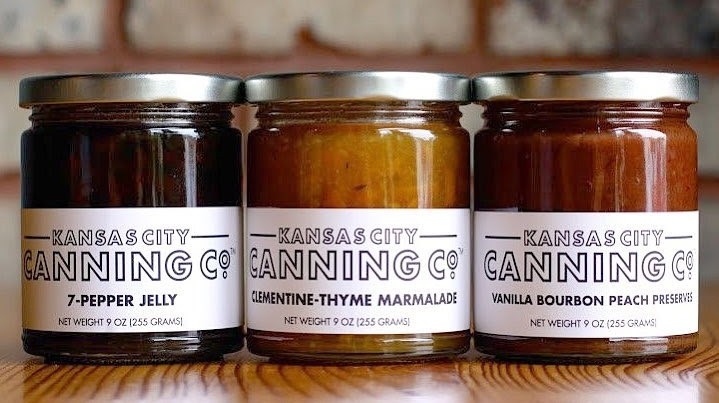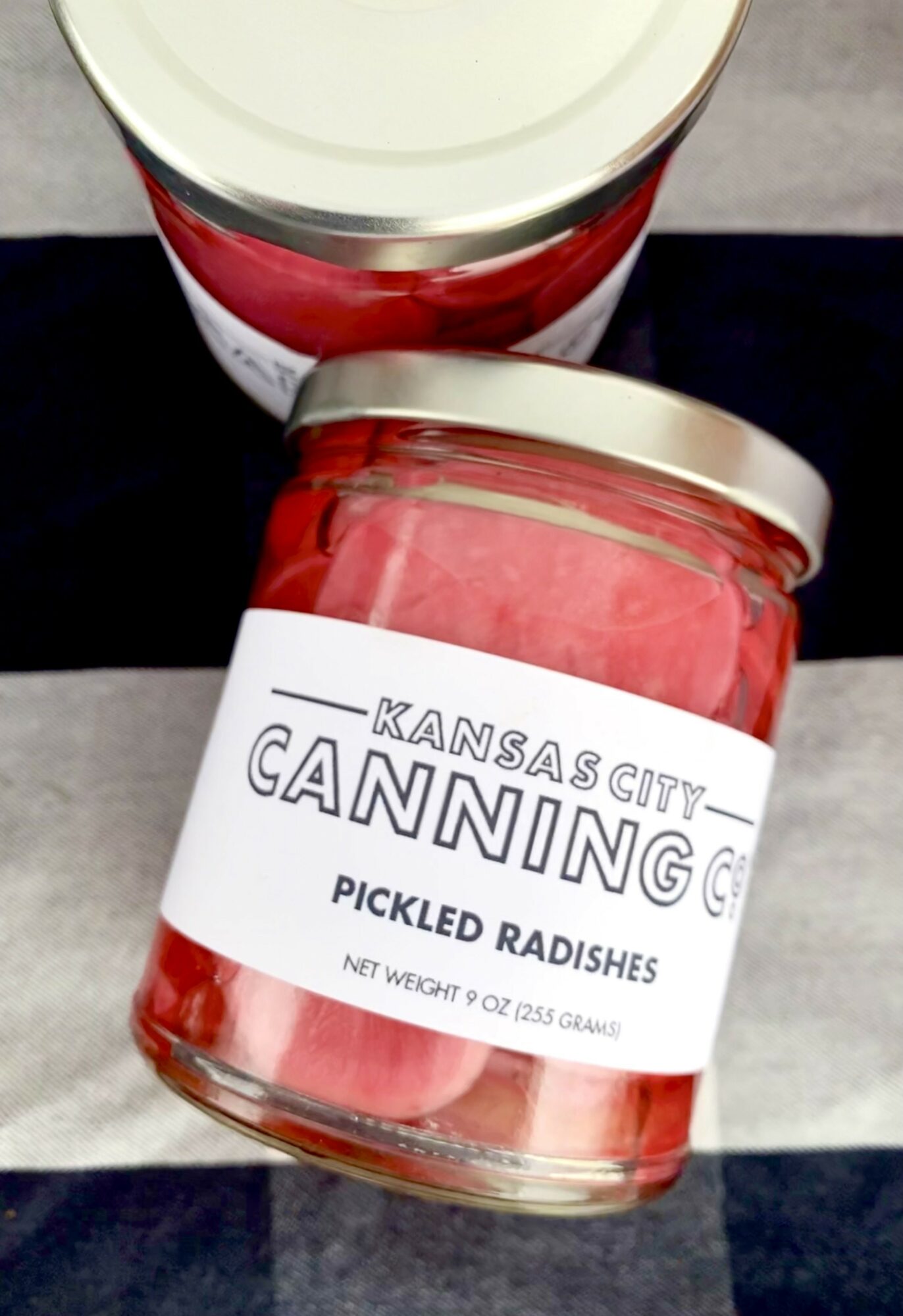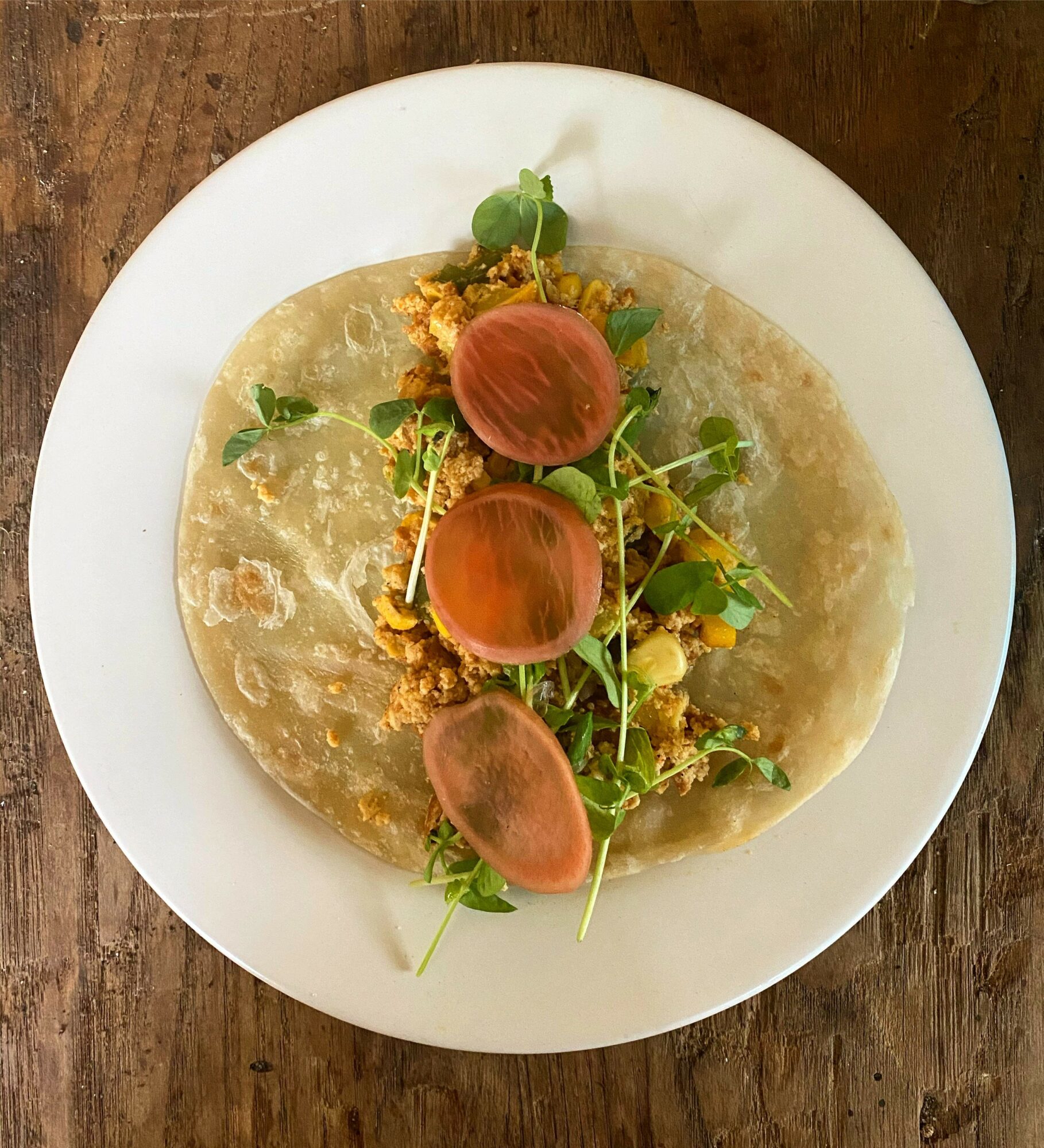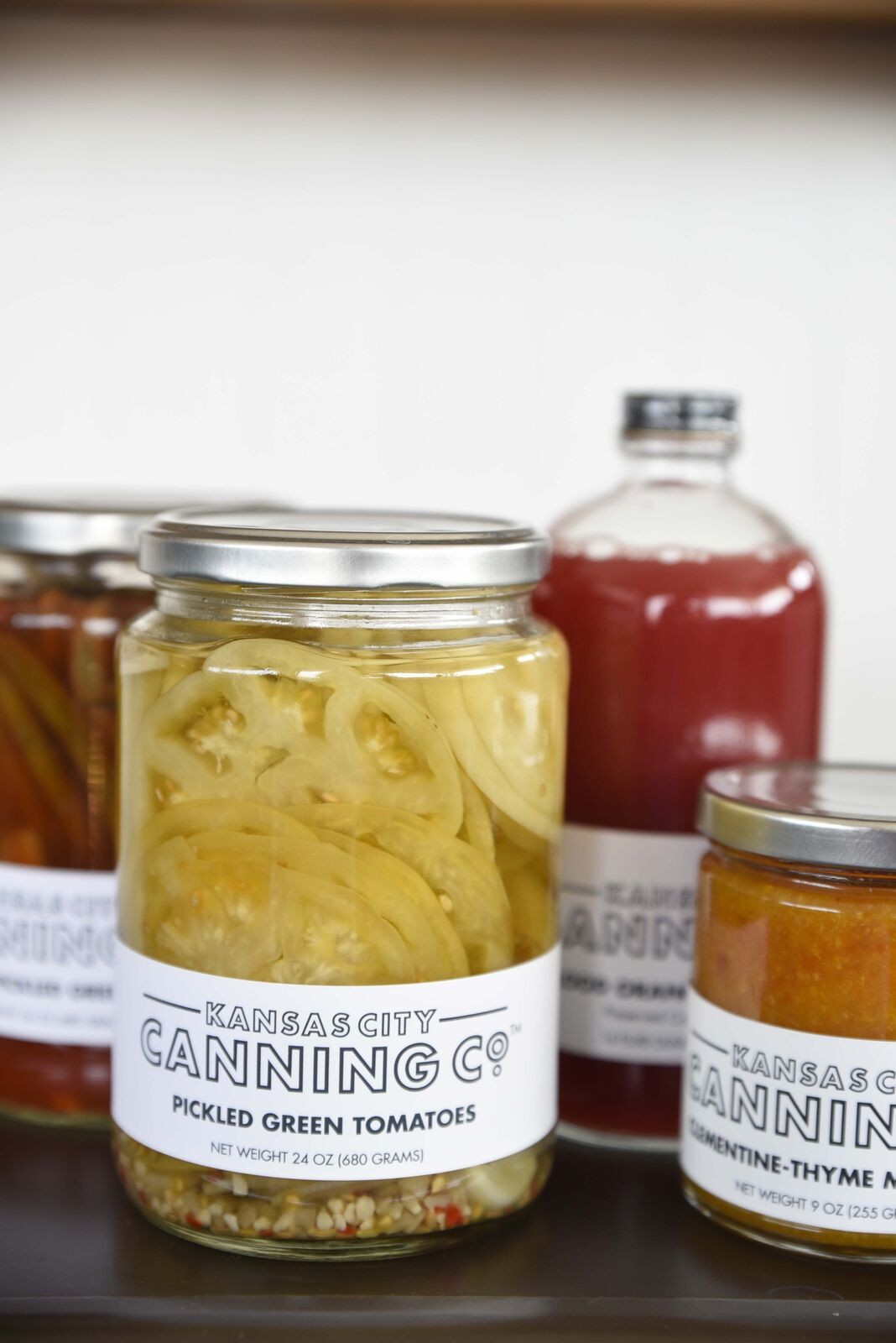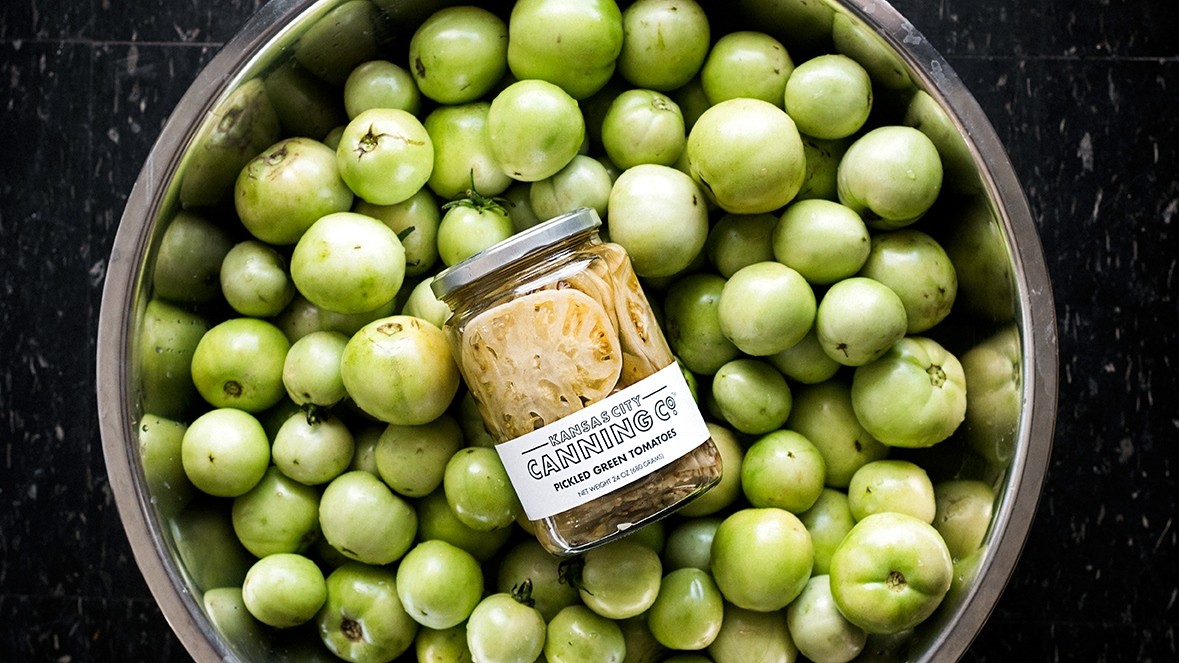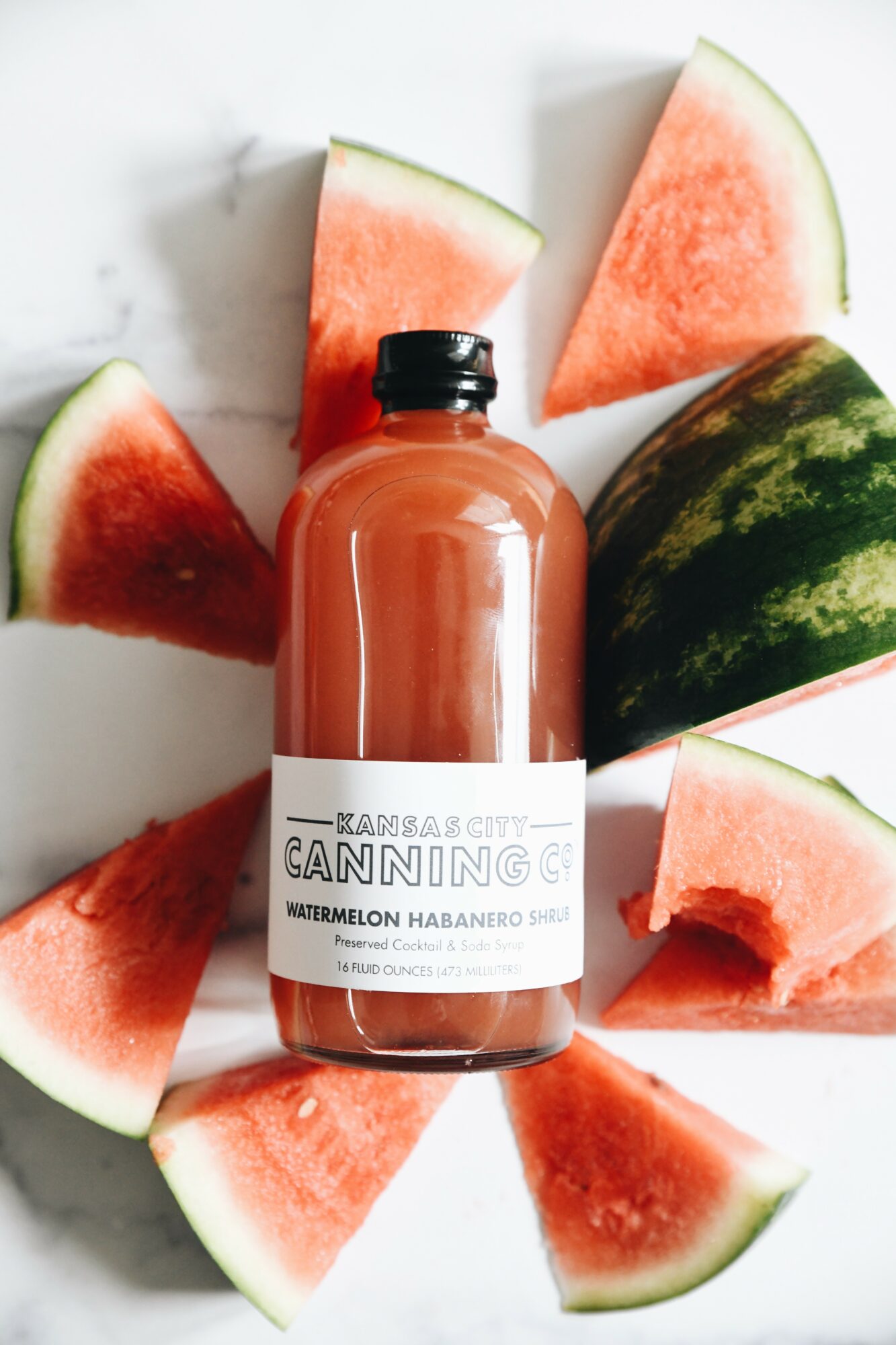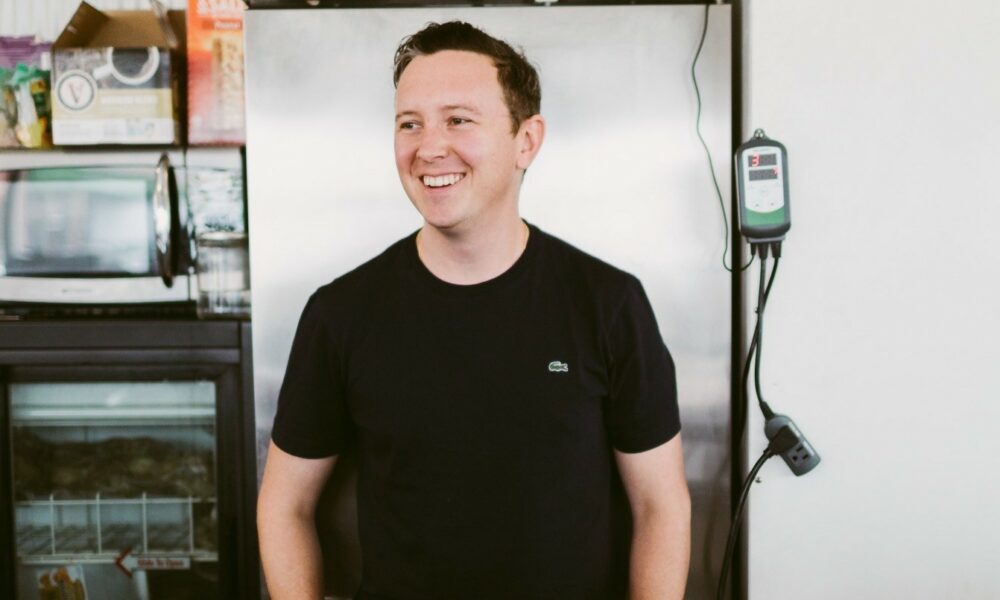

Today we’d like to introduce you to Timothy Tuohy.
Hi Timothy, thanks for sharing your story with us. To start, maybe you can tell our readers some of your backstory.
I was born and raised in NJ, went to college in the Bronx and taught high school in Queens for a few years, After being laid off in 2009, I decided to go to the Institute of Culinary Education in Manhattan with the intention of being a restaurant chef, with the end goal of starting my own business, whether that would be a restaurant or something else. It was soon after graduating culinary school that I started doing the legwork to start a specialty foods company.
I moved out to Kansas City in 2013. The Kansas City Canning Co. was founded in 2014. I continued to work in restaurants and consult on culinary projects before I was able to go full time canning in 2017.
We launched the company at a time when the locavore movement was picking up steam. It’s been a founding principal that we utilize as much local produce as possible and eliminate as much food waste as we can. We value our relationships with the numerous growers that we work with and try to partner with customers and vendors that share our values. I grew up canning and processing vegetables from the garden with my family and neighbors and now I’m lucky enough to be able to do it for people across the US.
Would you say it’s been a smooth road, and if not what are some of the biggest challenges you’ve faced along the way?
Has it been a smooth road? Short answer… absolutely not. There have been crater sized potholes along the way.
The learning curve has been steep from the get-go, and continues to be in a lot of ways. I had zero experience owning or operating a business. I had to educate myself about all of the necessary regulatory aspects of running a food manufacturing business that specializes in shelf stable products. I had to figure out where to source all of our raw materials without much of an idea of where to start. Not to mention, we launched the business with a few thousand dollars that my parents had gifted me. In other words, I was extremely inexperienced, unfamiliar with the food manufacturing world and severely under capitalized. I’ve made almost every mistake in the book over the years, and I say ‘almost’ because I know there will be challenges down the road that I haven’t even considered yet. The struggles have spanned everything from not being able to purchase glass in the midst of our busiest season due to a nationwide shortage, to having to work 12+ hour days for weeks on end, to coming dangerously close to having to cease operations (this was some years ago) after not being mindful about cash-flow.
That said, I had a ton of help along the way and I’ve had any number of lucky breaks. The classes and staff at the UMKC SBDC though the Kauffman Foundation taught me the basic of running a business and reading a financial statement. The staff at the KCMO Library system helped me research and wrap my head how to break into this industry. Numerous friends, acquaintances and mentors have had my back at every turn, from holding my hand and walking me through day-to-day issues, to bailing me out of particularly difficult situations. I’ve been infinitely lucky over the years thanks in part to hard work and blind faith that it will pay off, but more so because I’ve been able to surround myself with people who have been there to help and support me and the business.
Great, so let’s talk business. Can you tell our readers more about what you do and what you think sets you apart from others?
Kansas City Canning Co. is a specialty foods manufacturing company that make pickles, preserves, jams, jellies and cocktail goods. We work in food preservation, with a specific focus on reducing food waste. We use traditional preservation methods to produce hand-made products that are both familiar and exciting. Each of our respective products is developed and produced with special attention given to balanced layers of flavor and sustainably, responsibly sourced materials. Our products range from the traditional Dill Pickles to the whimsical Balsamic Pickled Grape with a whole lot in between and everything is made in small batches with special attention given to delivering a delicious experience for our customers.
I’m proud of the community of businesses that we’ve been able to work with and partner with over the years. We’ve been able to partner with numerous other businesses, including Boulevard Beer, Crane Brewing, J. Rieger and Co., Tom’s Town Distilling, Brewery Emperial, KC Wineworks, Boys Grow, and Pearl Family Farms, among others. I like to think that we work well with others.
The vast majority of what we do is sell wholesale to other stores and third-party vendors. We also co-pack, or make products for other companies and businesses to sell through their own sales channels. Likewise, especially during the holiday season, we work directly with other businesses and corporations to help craft the perfect gifts for their customers or staff. Not to mention our online marketplace at www.kansascitycanningco.com.
We’d love to hear about how you think about risk taking?
I am a cautious, introverted person by nature, but owning a small business, especially one in a niche market has forced me outside of my comfort zone in a lot of ways. I approach risk as rationally as I possibly can and do my best to keep emotionally neutral when making what might be considered risky decisions. When faced with challenges that seem overwhelming in the moment, I try to write down pros and cons and practice ‘fear setting,’ there’s a good TED talk about it. That is looking at a challenge from every angle I can possible imagine and identifying my fears instead of my goals.
Generally speaking, goals are relatively constant; make quality products, work with quality people, sell, grow, expand, be responsible, etc. Fears, on the other hand, can be multiple and varied and, for me, must be addressed if growth is to be sustained. When I’m faced with challenge, I try to imagine the best case scenario, the worst case scenario and anything in between. It’s easy to identify the positive outcomes of risk taking, so I force myself to focus on the worst outcomes and what that might mean. I try to think about what I would do if the worst possible thing happens, how I would react to it and what would the end result be. Making pickles is not a matter of life or death, but I have to consider the well-being of my staff, my financial stability, and how a significant set-back in my professional world would affect my personal life. Then I focus on what steps I can take to ensure the best possible outcome and work diligently to execute effectively. It can be an exhausting process sometime, but it keep me moving forward.
Contact Info:
- Email: [email protected]
- Website: www.kansascitycanningco.com
- Instagram: @kansascitycanningco
- Facebook: facebook.com/kansascitycanningco
